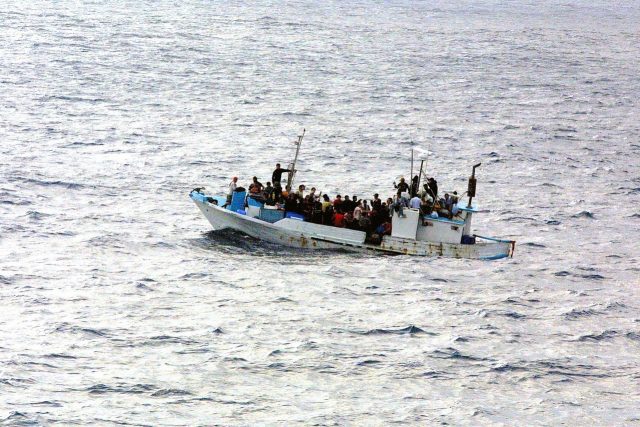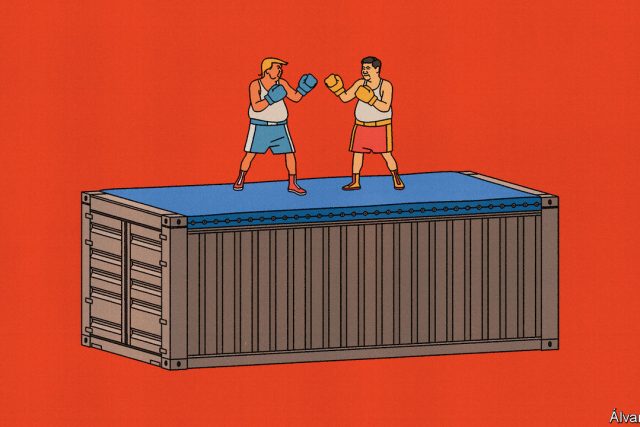Albania’s Parliament approved a deal with Italy on Thursday to hold migrants rescued from international waters at Italian-run processing centers. Amnesty International previously condemned the plan to create migrant detention centers under Italian jurisdiction in Albania, calling the deal “unworkable, harmful and unlawful.”The plan is to create two centers in Albania, one at the port of Shëngjin to receive and screen migrants, and one further inland for subsequent asylum procedures. The centers will be able to hold up to 3,000 migrants at a time. With expedited procedures, the plan is to reach a yearly processing rate of 36,000. The centers will be under Italian jurisdiction, and Albanian police forces will aid in external security.Italy has been facing an influx of asylum seekers, largely in part due to the war in Ukraine. In a press release, Italian Prime Minister Giorgia Meloni stated the goals of the agreement are “to fight human trafficking, to prevent illegal migration flows and to only take in those who truly have the right to international protection.” The deal has been denounced by human rights groups. Amnesty International raised concerns over the legality of the agreement, believing automatic detention of migrants would be arbitrary and a violation of EU law. Human Rights Watch echoed these concerns, stating the plan “is all but guaranteed to violate people’s rights.”The International Rescue Committee’s Italy County Director Susanna Zanfrini raised similar legal concerns with the agreement, stating:While the government has said this will not apply to children or people with vulnerabilities, the deal does not explicitly confirm this, and huge questions remain about how it would be implemented in practice. Moreover, it is still far from clear how people held in the Albanian centres would access legal advice when lawyers are not just outside the facility, but in another country altogether.The Council of Europe Commissioner for Human Rights Dunja Mijatović told Euronews Albania, “[T]he lack of legal certainty will likely undermine crucial human rights safeguards and accountability for violations.”The Constitutional Court of Albania previously approved the plan in January after briefly suspending it over concerns the plan violated Albania’s sovereignty. The court found that the plan did not establish Italian boundaries within the country or impact Albania’s territorial integrity. Therefore, the plan was allowed to proceed through the approval process.The Treaty on the Functioning of the European Union and the Charter of the Fundamental Rights of the European Union prohibit the practice of refoulement, sending a person to a country where they may face human rights violations. The applicability of these provisions on the agreement are unclear, as the new centers will be under Italian jurisdiction, but located in a non-EU nation. Prime Minister Meloni believes Albania, as a candidate country for EU membership, “behaves precisely as if it were already a de facto EU Member State.” Despite this, Albania is under no obligation to follow EU law as a non-member state.The centers are expected to be operational by the spring.




The Most Read
Сryptocurrencies
Bitcoin and Altcoins Trading Near Make-or-Break Levels
Financial crimes
Thieves targeted crypto execs and threatened their families in wide-ranging scheme
Financial crimes
Visa Warning: Hackers Ramp Up Card Stealing Attacks At Gas Stations
News
Capitalism is having an identity crisis – but it is still the best system
Uncategorized
The 73-year-old Vietnamese refugee is responsible for bringing Sriracha to American consumers
Uncategorized
Electric Truckmaker Rivian, Backed By Amazon, Ford, Raises Whopping $1.3 Billion